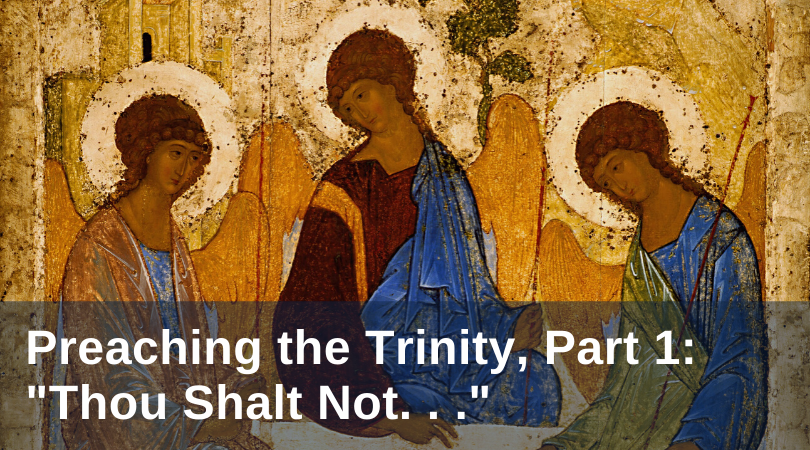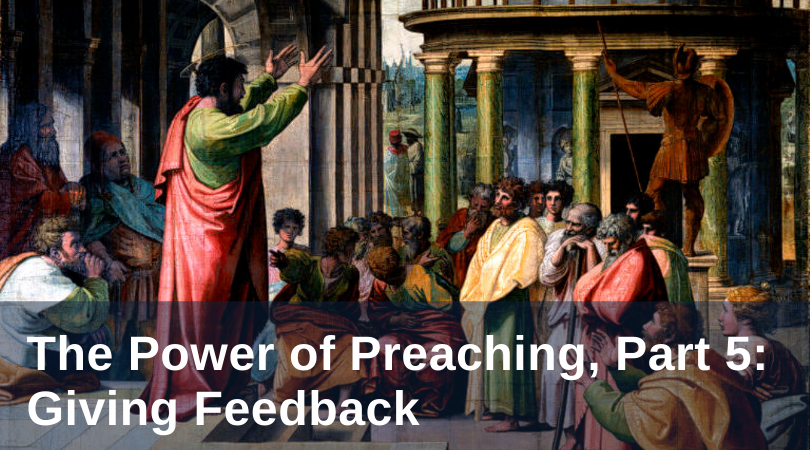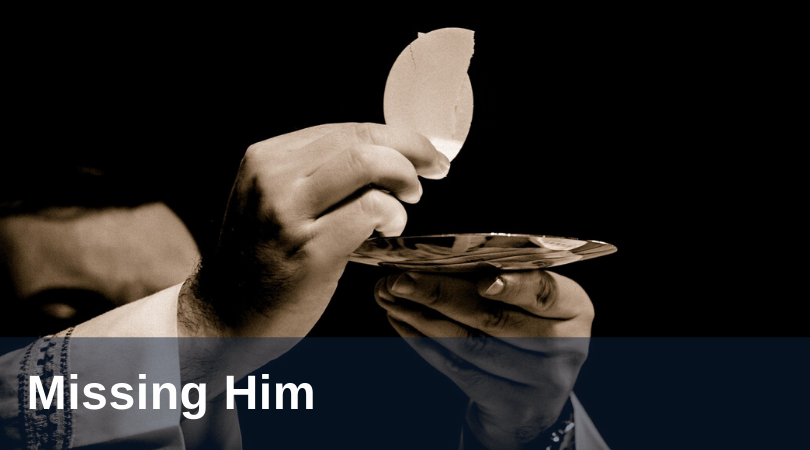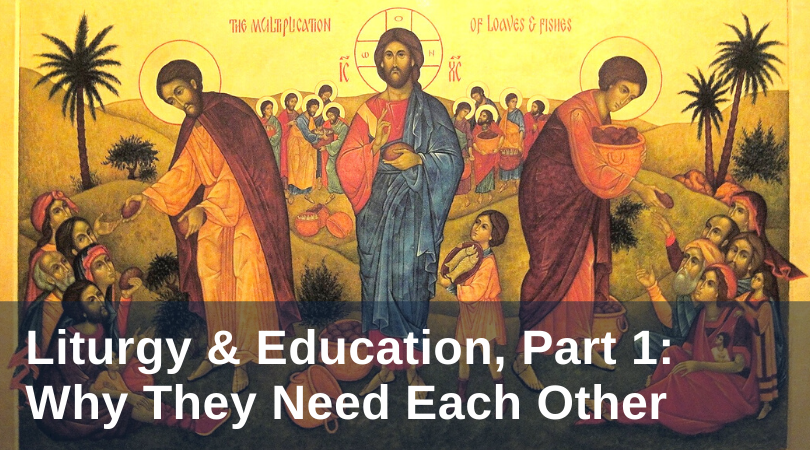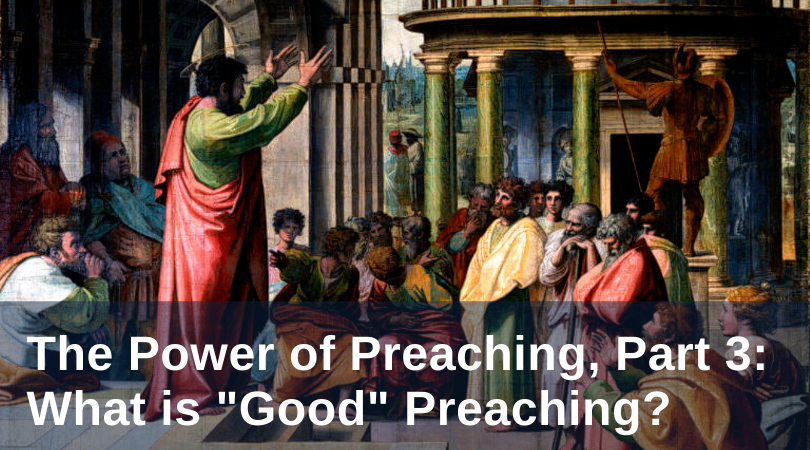The most dangerous day of preaching in the liturgical year is upon us: Trinity Sunday. The perennial danger is, of course, that the homily on this day becomes an occasion for trivializing or else utterly mystifying the faith into which Christians been baptized, the Creed we profess each week, and the Sign of the Cross with which we mark ourselves over and over again. Karl Rahner memorably quipped that if we dropped the doctrine of the Trinity, most Christians would not notice the difference. The typically bizarre to banal nature of preaching on “Trinity Sunday” tends to prove the point: the Trinity is reduced to something that must be mentioned once a year, but as if extraneous rather than absolutely central to the Christian faith.
Preaching the Trinity, Part 1: Thou Shalt Not . . .
The Power of Preaching, Part 5: Giving Feedback
Catholics shy away from talking about preaching. An elderly woman shuddered when she told me, “I couldn’t talk to Father about his homily!” One catechetical leader said, “There’s no conversation. It’s the elephant in the room . . . No one is willing to talk about it.” (Connecting Pulpit and Pew, 8). The subject of preaching is a difficult conversation.
Topics: homily, liturgy, preaching, formation, parish life
As dioceses across the country are beginning to re-open our churches and return to the public celebration of the Eucharist, some people are wondering what will happen. Will people have gotten used to staying home on Sunday? Will they wake up to the fact that the Eucharist never really mattered that much to them, since they so quickly got used to not receiving it? Or will they wake up to the fact of how much they value the Eucharist, because, once deprived of the opportunity to participate, they found they developed a hunger for it more quickly than they expected?
Topics: Eucharist, Holy Communion, liturgy, Mass, coronavirus, COVID-19 Resources
Liturgy and Education, Part 1: Why They Need Each Other
In usual conversation, the term “education” is most often used to refer to the process of formalized schooling. Schools are where education takes place, and for this reason, education is understood as the project of a young person who completes this education upon conferral of a degree or certification. One may begin, as my undergraduates say, “to adult” upon graduation.
Topics: Catholic education, liturgy, formation, liturgy and education, human flourishing
The Power of Preaching, Part 3: What is Good Preaching?
In the previous installments of this series, I described preaching as a relationship that leads to an encounter with God. But what constitutes “good” preaching? Can it really change people’s lives? How we define “good” preaching affects both how preachers evaluate themselves and how listeners respond in feedback. If preacher and parishioner are to work together to renew Catholic preaching, then what does “good” mean?
Topics: homily, liturgy, preaching, evangelization, formation

